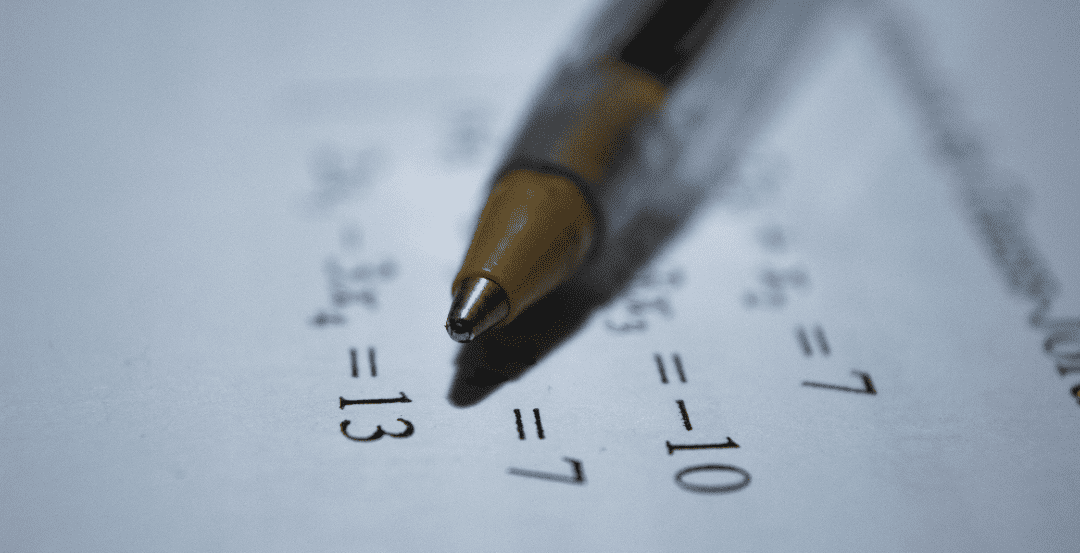Students always have to face the dreaded final exams, whether at university, in vocational training courses, for the university entrance exam and so on. One of the common problems for young people at this time of year is that they accumulate several exams and reach a point where they don’t even know how to start studying.
For this, you should focus very well on the work in the reviews to the subjects. Which is why you can go to very good practices that help in the retention of information, such as the use of mind maps, conceptual, graphs, etc..
In Buscoresi we are going to give you tips for proper preparation for final exams. Remember that the important thing is always to learn, and with this the pass comes alone.
Set clear and realistic goals
First of all you have to be aware that studying a week before is not a guarantee to pass an exam. So the best thing to do is to calculate how much time you should dedicate to each subject and distribute the time between the exams you have coming up.
To help you do this, you can create a calendar in which you mark the exams to be taken so that you can study for the most recent ones.
You should always set clear and realistic goals according to the study you are going to do, because you cannot force yourself to learn everything in one night, in fact this is the worst mistake you can make, studying requires a certain amount of time for the brain to understand the information very well and be able to grasp it and understand it properly.
Create a study schedule
When preparing for final exams, it is advisable to study daily for a certain number of hours, as routine is a great friend of concentration.
The best time to study is when you are at your freshest, i.e. in the morning, focusing the last hours of the day on reviewing what you have studied in the previous days. However, this is not always possible, as many students work and have to organise their study schedule according to their time availability.
All students know their time very well and because of this they can create a flexible study schedule, the idea is that you should maintain a rest period of at least 8 hours, so that the brain can relax and prepare for the next day’s routine.
Take breaks
When studying for final exams you should take breaks at intervals of time. Recommending a short break of 5 minutes for every 25 minutes of study. In other cases you can take breaks of 10 minutes for every 40 minutes of study. It all depends on how hard it is for the person to concentrate fully.
It is best to try both ways or you can even create a new one at your own pace. But always bearing in mind that you should take measured time breaks, as these are the ones that make us self-impose study time without distractions.
Study in a group
A good technique to prepare for final exams is to study in a group. Getting together with classmates is a great help for everyone, as this way you can solve doubts that would be very difficult on your own. Asking questions or giving answers to other people’s questions is a good technique to help the brain to grasp information and broaden knowledge on certain subjects.
Organise and classify your notes
The key to passing final exams lies in good planning, making sure you have all the material you need to prepare for each subject. And if you have any doubts, ask your classmates or the teacher assigned to the subject, always prioritising the order of study.
Organising and reviewing the contents to be studied helps in the ideal planning of time. As there are subjects that are mastered much more than others, so they do not require as much time to learn.
Classifying each of the notes and specifying them in an appropriate way allows you to keep an order and the exact chronology of the subject to be studied. For which you can use learning and study techniques that make it much easier to understand the content.
For more practical subjects, exercises should be carried out and solved in teams. In subjects with a lot of theoretical content, students can choose to make diagrams or concept maps, and they can even use mnemonic techniques. In this way they will be able to organise the mind according to the concepts studied and it will be easier to retain the information.
¡Haz click para puntuar esta página!
Es muy importante para nosotros que puntúes nuestro trabajo para poder seguir mejorando. Tus opiniones ayudan al resto de estudiantes a encontrar nuestra página web.






